About OFFA
Who we are
The Office for Fair Access (OFFA) is the independent public body that regulates fair access to higher education in England. We promote and safeguard fair access to higher education for people from lower income backgrounds and other under-represented groups.
“Everyone with the potential to benefit from higher education should have equal opportunity to participate and succeed, on a course and in an institution that best fit their potential, needs and ambitions” – the National Strategy for Access and Student Success
What we do
We make sure that universities and colleges that charge higher tuition fees have adequate measures in place to attract and support disadvantaged students, by supporting and challenging them to do the following things:
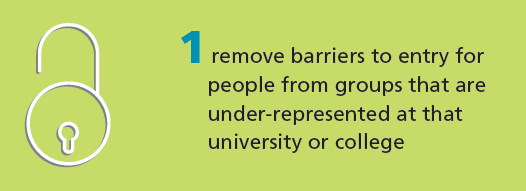


We address all three of these issues because getting into university is only meaningful if one also graduates and goes on to a good job or a place on a postgraduate course. We call this the ‘whole student lifecycle approach’.
The main way we encourage change is by approving and monitoring access agreements – annually submitted documents in which universities and colleges set out their tuition fees and how they plan to improve/sustain access, success and progression for people from under-represented and disadvantaged groups. All publicly funded universities and colleges in England must have an access agreement approved by the independent Director of Fair Access (who is the head of OFFA) in order to be allowed to charge higher tuition fees.
In many cases, we discuss and negotiate over the content of access agreements before approving them, often achieving increased investment and commitment by universities and colleges. For more information about the latest set of access agreements and the process of negotiation and approval please refer to our annual Access agreements: Key statistics and analysis publications.
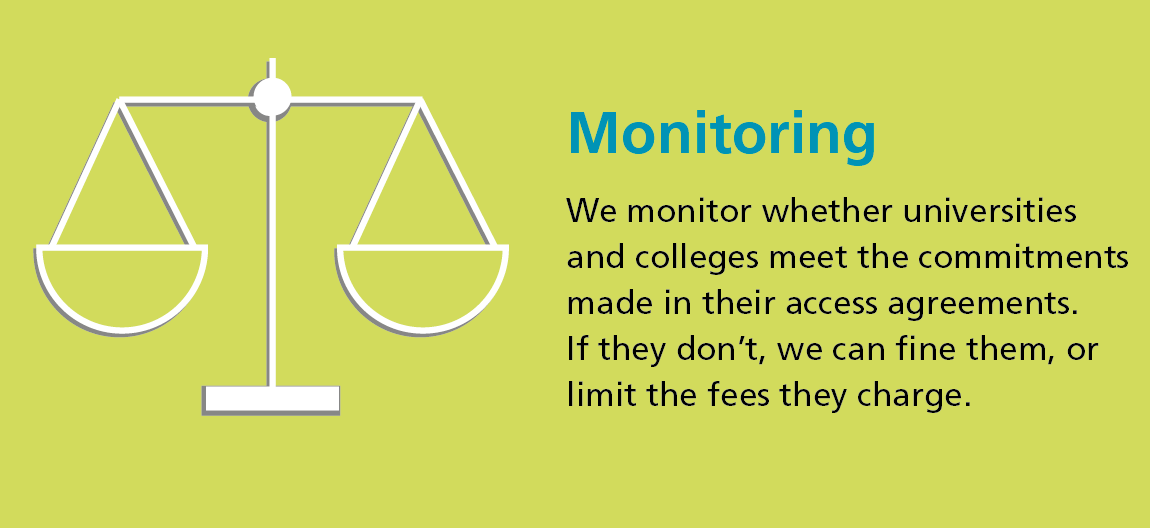
We then monitor whether universities and colleges are meeting their access agreement commitments, and improving access, on an annual basis. If they break the agreement they have made with us, we can sanction them either through a fine or by limiting the level of fee that they can charge.
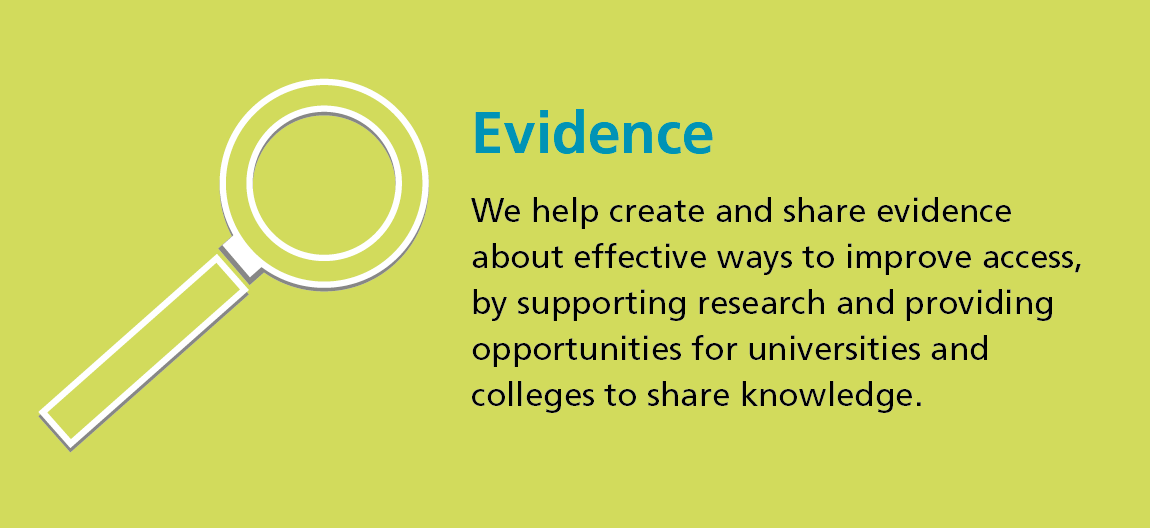
We also help to improve and share understanding about what approaches are most effective by carrying out our own research and analysis and working collaboratively with the sector to identify gaps in evidence and support research to fill those gaps.
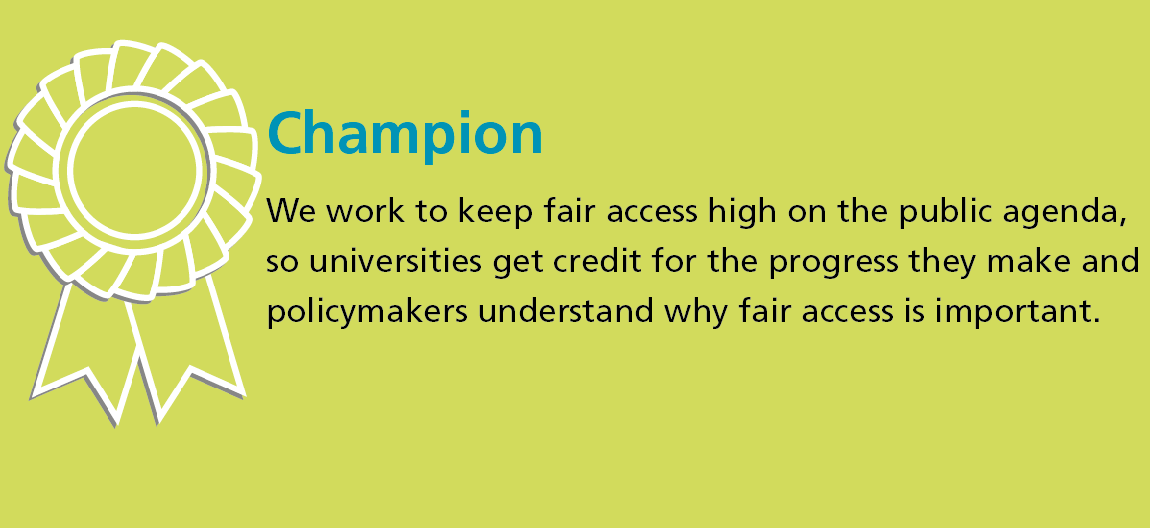
And we work to keep fair access issues high on the public agenda, both directly with stakeholders and in the media, so that policy-makers and the general public understand why fair access is in all our interests and how it contributes to social mobility.
More about our aims and objectives
About our approach to regulation
Our impact
We have supported significant improvements in access and support for under-represented groups. More young people from disadvantaged backgrounds are now entering higher education than ever before, and progress has accelerated since access agreements were first approved.
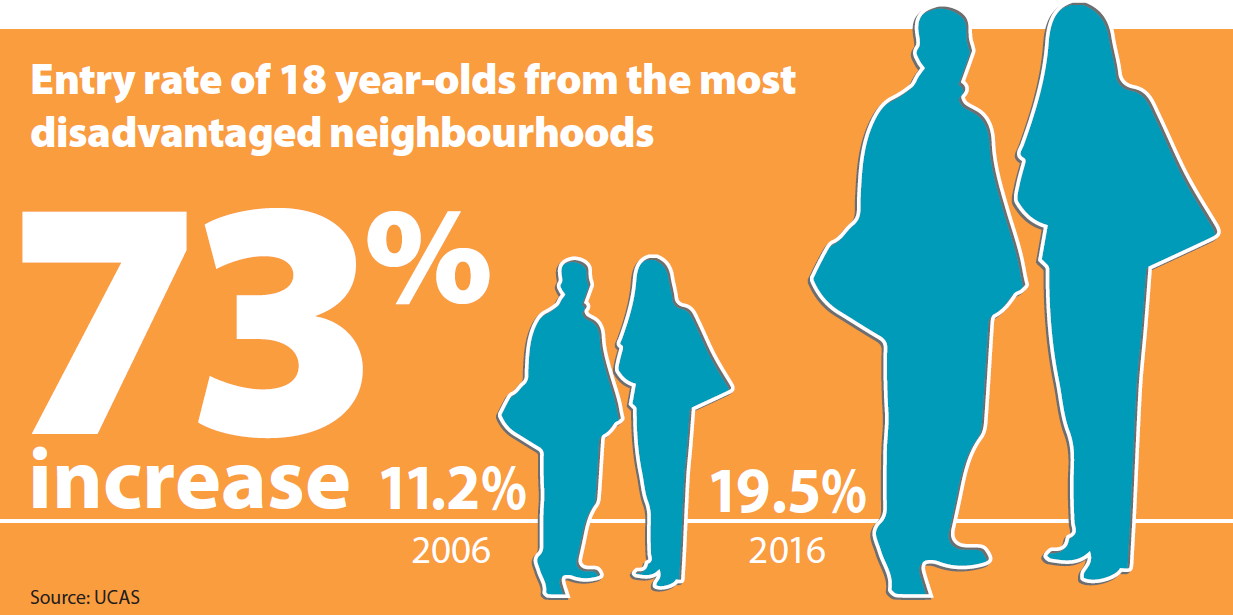
And entry rates for 18 year-olds from the most disadvantaged group to universities with the highest overall entry requirements are now at record levels after having shown no change for a long time. Progress has been particularly noticeable since 2010, when the Director of Fair Access increased the level of scrutiny we apply to these universities.
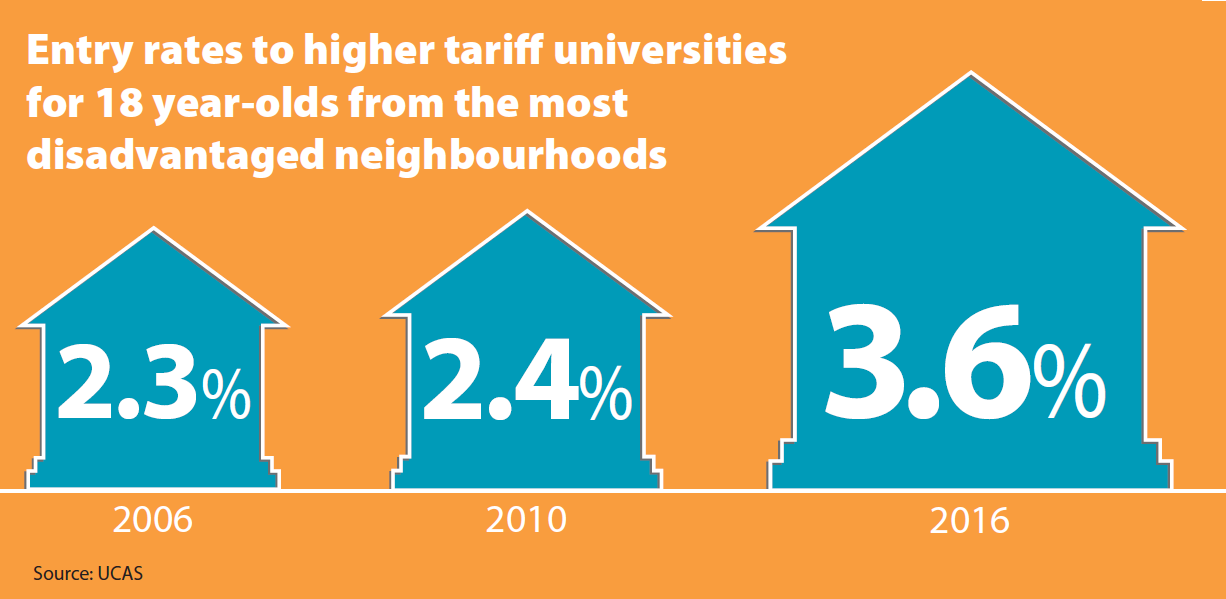
We have helped to ensure that the introduction of higher fees in 2006-07, and the rises in fees since 2012, have not had a detrimental effect on participation of students from low income and other under-represented groups. This graph shows UCAS entry rates for students with different levels of disadvantage, measured by the neighbourhood in which they live – from the most disadvantaged (quintile 1) through to the most advantaged (quintile 5).
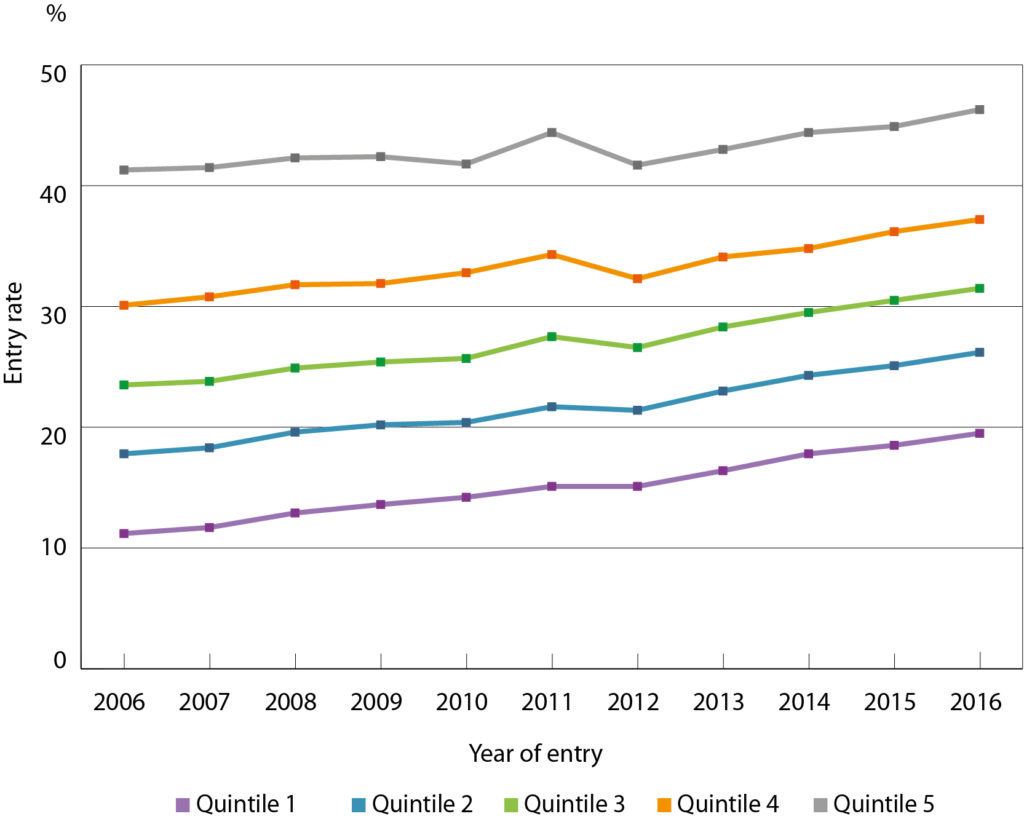
We have secured an increased commitment to widening participation from universities and colleges, with the requirement to have an access agreement influencing them to make fair access a strategic priority.
“The introduction of access agreements … has had a positive impact on strategic planning and priorities at an institutional level and has ensured resources for widening participation are ring-fenced” – The uses and impact of access agreements and associated spend, CFE Ltd/Edge Hill University, 2013
Click here to read more about the impact of access agreements
Our challenge and support has led to stronger, more effective access work in universities and colleges and we support the growth of understanding and sharing of effective approaches and practice.
We have driven increased focus by universities and colleges on specific groups of students. For example, we have encouraged universities and colleges to support care leavers into higher education, to address disparities in entry and attainment between ethnic groups, to provide flexible courses that are more suitable for mature students, to improve their support for disabled students and those with specific learning difficulties, and to address students’ mental health. There is more information about this in our report Access agreements 2018-19: key statistics and analysis.
However, there is still work to be done. We still see only far fewer applications from disadvantaged areas than from advantaged areas; and UCAS statistics also show that the most advantaged young people are far more likely than the most disadvantaged young people to go to one of the universities with the highest entry requirements. There are also serious concerns about participation by mature and part-time students, who are statistically more likely to come from under-represented backgrounds, and among other groups.
For more information about the current state of fair access and the remaining challenges please see our background briefing.
How our work fits within the wider picture
We are central to English higher education’s drive to improve fair access, which is an essential part of the Government’s ambition to increase social mobility. The Government plans shortly to merge our responsibilities with HEFCE’s to form a new organisation called the Office for Students, which will retain much of our current way of working, reflecting the importance that the Government places upon it.
OFFA’s work contributes to the national strategy for access and student success which we and the Higher Education Funding Council for England (HEFCE) developed in response to a request from Ministers. We also worked closely with the Higher Education Funding Council for England (HEFCE) on the introduction of widening participation strategic statements to ensure that access agreements integrated with university and colleges’ broader widening participation strategy.
Alongside the direct work we do with universities and colleges, we are a member of the Fair Education Alliance and Social Mobility Advisory Group, and were part of the Regulatory Partnership Group, which advised the Government and other national agencies on funding and regulatory arrangements for higher education in England.
